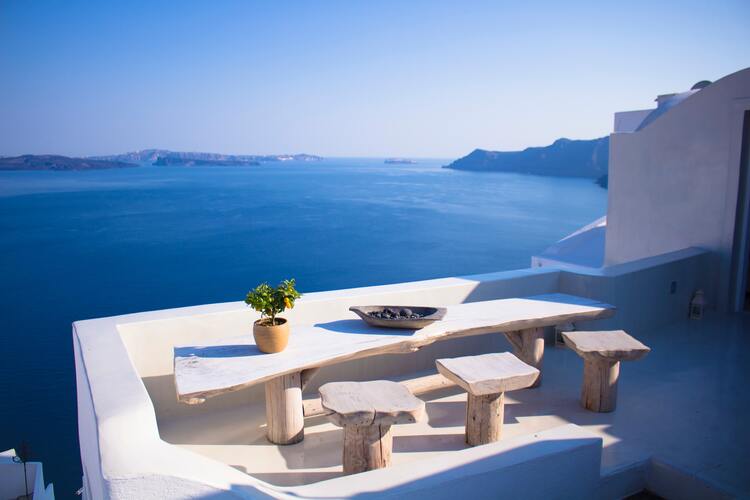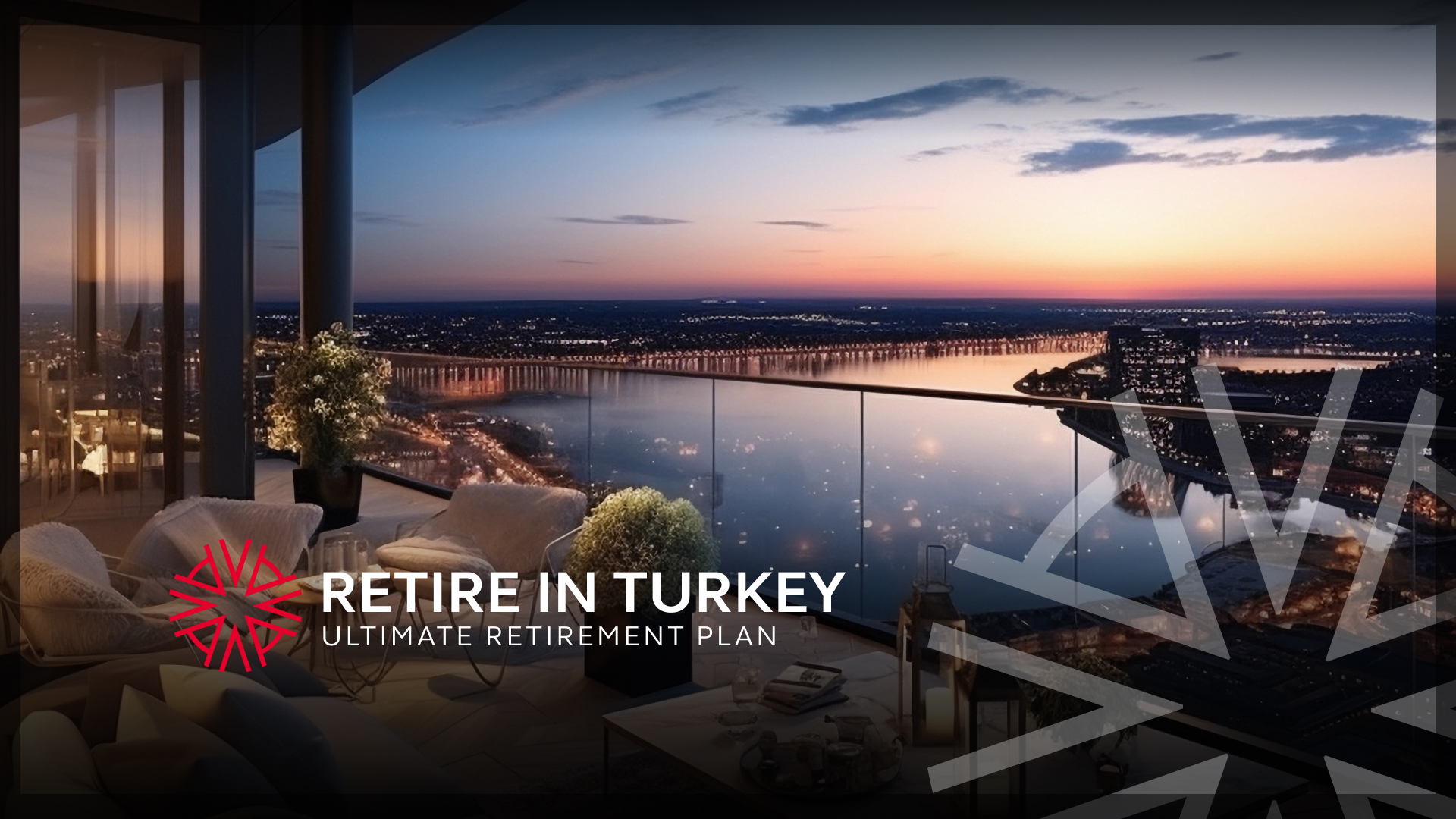“Golden Visa” is a phrase that is commonly mentioned when referring to residency abroad. But what exactly is a golden visa, how does it work, what are its benefits and which EU countries offer them?
What Are Golden Visas?
Essentially, golden visa schemes are arrangements whereby a person can obtain residency in a foreign country by making a financial investment in that country.
For a person to obtain citizenship by investment (as opposed to residency), there are similar “golden passport” schemes.
There are several criteria for people applying for golden visas – they must be over the age of 18, they must not have a criminal record, and they may have to keep the investment in place for a set period. They must of course have the financial means to make the investment and be able to demonstrate that those funds were acquired legally. Any breach of these requirements results in the person and their family having the golden visa revoked and they lose the right to reside in the country.
What Are The Benefits Of Golden Visa Schemes?
A person holding a golden visa gains the right to live and work in that country and have the benefit of the country’s climate, lifestyle, business opportunities, education and healthcare systems.
Having the opportunity to be a resident of another country also offers financial and business benefits if the home country introduces rules and laws that might restrict these, such as the new arrangements post-Brexit in the UK. It opens up new markets in the country and other countries.
A golden visa gives access to visa-free travel to many other countries, with those holding golden visas in the EU also automatically gaining many official residency benefits of belonging to the other countries in the European Union.
There are usually minimal or no requirements to live in the country full-time.
In times of political or social unrest golden visa schemes offer the applicants a sense of security as they will have another country to live in if things turn hostile in their home country.
Most golden visa schemes include the applicant’s immediate family.
How To Get A Golden Visa
It is important as a first step to decide what country you wish to invest in and what type of investment you would like to make, whether investing in property making a donation to a Government scheme to benefit that country, or starting a business in the country.
The application process can then be started and typically takes between two and nine months.
Which EU Countries Offer Golden Visa Schemes?
Portuguese Golden Visa
One of the most popular golden visa schemes for non-EU citizens, with over 10,000 applications in 2021. The minimum investment into property is 280,000 Euros (this would be for a property over 30 years old in a low-density population area, which will be renovated – otherwise the minimum is 500,000 Euros into any type of property). There is an option for property to be rented out. Other means of investment for a golden visa are a capital transfer of 1.5 million Euros as a direct cash investment into a Portuguese bank account; a 500,000 Euros investment into a venture capital fund in Portugal; or the creation of at least 10 jobs in Portugal. Real estate investments in Lisbon, Porto or around the coast must be in commercial properties as residential properties in these areas do not qualify the investor for a golden visa.
The visa offers visa-free travel within the Schengen area for 90 days in any 6 months. There is a requirement to stay for a minimum of 7 days in the country in the first year and 14 days per year for the following two years. After 5 years the applicant can apply for citizenship of Portugal and gain access to European citizenship. Spouses, dependent children and parents can be included. The visa application usually takes around six months.
Greek Golden Visa
Greece has one of the most rapid timescales for gaining residency with a golden visa and one of the lowest financial investment requirements – just 250,000 Euros to be invested in property. The golden visa grants residency for five years and gives the applicant the right to reside in Greece and access healthcare and education in the country, as well as have visa-free travel in the Schengen area for 90 days within every 6-month period.
The person’s spouse, children and parents-in-law can be included and there is no residency requirement to be able to keep the visa. The golden visa can be renewed every five years with the only stipulation being that the property investment has to be retained. Citizenship can be applied for after seven years of residency.
Cypriot Golden Visa
Applicants for residency in Cyprus can receive their visa in as little as 3-4 months and it gives them the right to permanently reside in the country. Spouses, dependent children up to the age of 25, parents and parents-in-law can all be included. For residents of Cyprus, there are beneficial tax regimes, with no worldwide dividends, investment, inheritance, or capital gains tax. If opening a company in Cyprus, the applicant is allowed to be a director and a shareholder in the company.
A minimum investment of 300,000 Euros is required in one of the following areas: new residential or commercial real estate; The applicant should also open a bank account in Cyprus with a minimum of 30.000 Euros for at least 3 years and is required to have an income of at least 30,000 Euros deriving from outside the country, rising by 5,000 Euros for each dependent family member and 8,000 Euros for each parent. Only one visit to Cyprus is required to gain residency and there is no requirement to live in the country, though residents must not be absent for more than two years.
Cyprus is an exception to most European golden visa programs as it does not give visa-free travel to EU countries. Cyprus is part of the European Union, but not a part of the Schengen zone.
Monaco Golden Visa
A major benefit of residency in Monaco is its favourable tax conditions, with zero income tax and many exemptions from business taxes. There are no requirements to invest in or donate to the country. Residency offers visa-free travel within the Schengen zone for 90 days within any six months. After ten years of residency, investors can apply for naturalisation though there is no facility for dual nationality. Applicants must have proof of financial security by transferring a minimum of 500,000 Euros into a bank account in Monaco or proving that they have employment there. They must own or rent a property, or prove they are living with a close relative and they must not have a criminal record. Spouses, children and parents are included in the golden visa.
Spanish Golden Visa
Spain offers a wonderful lifestyle with its beautiful coastline and rich heritage. Non-EU citizens can apply for a golden visa with investments into property or financial donations. The minimum investment in real estate is 500,000 Euros; other routes are: a minimum capital transfer of 1 million Euros, a minimum of 1 million Euros invested into a Spanish company; or a 2 million Euros investment into Spanish government bonds. An initial residence bond is granted for two years and can then be renewed every five years. There is no residence requirement for the golden visa but if citizenship is the ultimate destination, permanent residency can be granted after five years of living in Spain, with citizenship after ten years of living in the country.
The golden visa will give you the right to reside and work in Spain and benefit from its education and healthcare facilities and will provide visa-free travel within the Schengen area for 90 days within every 6-month period. Spouses or partners, dependent children of any age, parents and parents-in-law can be included. The timescale for receiving the visa after application is around one to two months.
Irish Golden Visa
The Irish Residency Program is an ideal route for high-net-worth individuals and their immediate families seeking to acquire permanent residency in Ireland. The program provides a wide range of investment options, ranging from €500,000 to €2,000,000, and grants a residency permit for up to 5 years with the possibility of ongoing renewal, initial permission is given for 2 years, further renewal for a period of 3 years. The Ireland Immigrant Investor Program is officially a residency program, however, after 5 years, if the appropriate conditions are met, you can either apply for Irish permanent residence or qualify for Irish citizenship.
Spouses or civil partners and dependent children under 24 can be included and the visa is usually granted within two months. There is no residency requirements: you need only a 1 day a year visit to Ireland to keep the permit.
Maltese Golden Visa
Malta has two routes for residency – One option requires a contribution of €68,000 to the Maltese government plus a property purchase from €300,000 in South Malta or Gozo or €350,000 in the more popular coastal resorts. A second option is for rental instead of property purchase – a €98,000 donation, plus proof of property rental of €10,000 in South Malta and Gozo, or €12,000 in the rest of the country. With both options, the applicant must retain the investment or rental for a minimum of five years.
The golden visa offers visa-free travel within the Schengen area for 90 days within each 6-month period and there is no residency requirement. The applicant’s spouse, dependent children, parents and grandparents can be included.
The application for residency takes 12 months but a permit is usually issued within 60 days of approval. Permits can be renewed every five years.
Summary
Our team of international experts at Astons can advise on which is the best golden visa for you and steer you through the application process.













